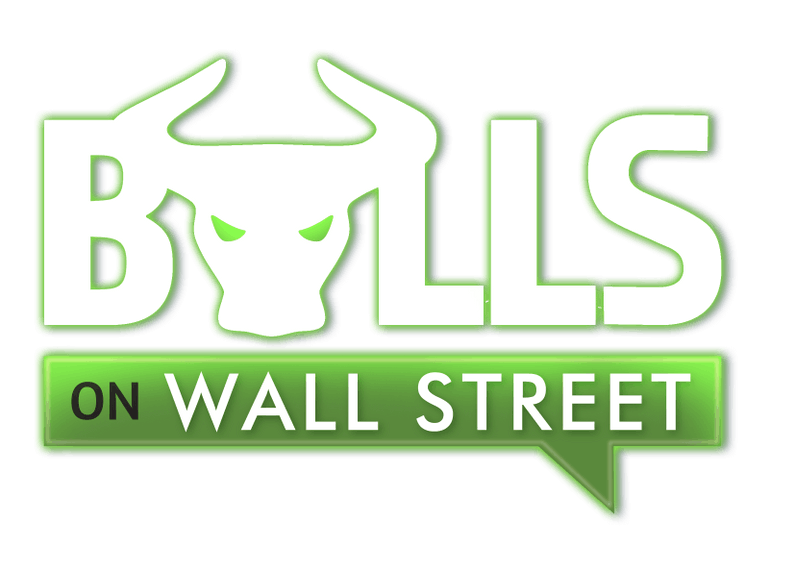[screencast url=”http://screencast.com/t/aww95LbeMkU” width=”” height=””]
Self-worth is often measured by the sum of accomplishments. This is why failure can burn badly. Not only is a goal or project left unsatisfied, but your sense of self-worth feels compromised as well.
Well beyond the whole glass-half-full/glass-half-empty scenario, failure can actually be the largest impetus to success. Success is fun and safe. Uninterrupted success can also lead to stagnation and risk adversity.In business companies that enjoy years of success and growth–without at least a few years of serious financial trouble–almost always fall victim to their own strengths. You see companies like Microsoft that come out hot out of the gates with no setbacks they fall victim to their own success and stagnate vs Apple who had some serious trouble in their original business model had to innovate and reinvent themselves. In the field of day-trading, limiting yourself to safety and avoiding all risk reduces your income potential. Since markets are constantly shifting, this is also not a field where adversity to change is helpful. Failure will often open one up to change better than success.
Understanding the value of failure and, more importantly, not fearing failure, supports personal growth and profit potential. Failure can morph into success if it’s taken in a nonpersonal and productive approach.
Failure ends resistance to change
In times of success, the old ways stay strong. There’s no reason to change because the current methods are working so far, and income is coming in.
In day-trading, proven methods are good but they don’t always remain successful. It’s important to avoid stagnation for that reason. Reviewing strategy and changing methods is part of this trade. At some point, you’ll have to change anyway. But those most resistant will actually not consider change until that point where methods fail. When I started this business in 2008 I strictly traded smallcap stocks. I traded every type of crappy 2-3 dollar stock possible. What I found was that trading that way wasnt scalable for my account or my business. Its hard to have a chatroom where your trading these small junky stocks and its hard for someone who now has a much bigger account to get size in these stocks. During these times I was making 400-500 dollars a day and had 30 subscribers as this style just wasnt a good one for me or my subs. Trading this way limited my results in many ways. Today I trade mostly momentum Nasdaq type of stocks 20-100 dollar stocks with volume and range. Changing my method allowed me to get more size into my positions but also move faster and more aggressively. This changed my profits 10 fold.
This is where failure becomes helpful. You can no longer resist change, and the recent failure opens the door to further exploration. Any new ideas that you were afraid to try before can be tried now out of necessity. It breaks up your routine and forces you to grow beyond proven methods.
Change not only involves trying the new methods but also involves corrections to stay on target. Long-accepted strategies are now questioned, and after a hard look at what led to failure, you can see where you can improve your approach.
Change is inevitable and, in failure, it becomes necessary. You become less resistant to change, which in the future leads to less risk adversity and a more open-minded approach to your methods.
Failure reveals both strengths and weaknesses
Many successful people failed first before succeeding. From those failures, they learned more about themselves, what they really wanted, and better paths for success.
It may simply be that there are some types of day-trading investments you have a better handle on than others. Or you made an “educated” guess on bad information or require more skills training to reduce the likelihood of bad decision-making. Through failure, you learn your shortcomings, and your strengths also come to the surface through this self-examination. This is why I have my students trade for sometimes months on a simulator while we grade their trades. So that they can rise and fall! So they can have terrible days and amazing days and feel the ups and downs of trading. Then after each failure and each disaster we reformulate and learn lessons getting them ready to trade live
The foremost lesson that can come from failure is your ability to survive it. Sometimes knowing that fear is survivable and leads to better accomplishments is the best way to stop fearing it and encourage future risks. When I get up and get ready to attack it in the morning I have such a confidence as I have been on the otherside. Desperate and wondering if I was going to make it in business and in trading. In my younger days I blew up 5 different trading accounts. I once had 400 people in my chatroom when my partner left and took them and lost them all down to 20 people! Going all the way to edge and coming back gives me my strength.
Failure means never asking “What if?”
“What if?” is that great unanswerable question that haunts people until death. In it, there are regrets and wonders that will never be answered or satisfied. By its nature it is always unsatisfied.
Failure may result from taking risks. You make a trade with a 50-50 chance of being good, and instead it goes bad and you lose money. At the time this occurs, you may feel devastation and wish you never took the risk.
But imagine if you never took the risk. That question will likely haunt you too. You’ll never know what may have come from that risk. It could have been a very profitable trade, or it could’ve tanked. Either way, you don’t have a strong answer, and you’ll always wonder.
Sometimes, instead of the constant nag of “What if,” the answer of “I tried, but it didn’t work,” is often better for the simple reason that it is an answer. You tried, you did your best, and it wasn’t successful. But at least you know, and you can let it go and move on. It doesn’t haunt you like unanswered questions. You can even feel a certain “badge of honor” that you acted bravely and didn’t hold back due to fear. In trading whether you win or lose money is meaningless. Our jobs is to do the right thing to trade a stock well. That often means that you do the right thing and you lose on a trade. And sometimes you will do the wrong thing and make money. But longterm if you want to make serious money and do it each day your job is to trade each stock well with probabilities and risk irregardless of the dollars or your p&l.
Builds character
This sounds very cliché, but it’s true.
As stated earlier, success often preserves the status quo. It feels good but demands little from you. Failure, on the other hand, makes you examine those uncomfortable questions that lead to growth.
Coming out of failure, you’ll find you’re more resilient and mature. Failure is no longer frightening because you survived. Also, you’ll be more forgiving toward yourself and others in the same position. Perhaps you can even encourage those facing similar failures or shortcomings. Patience will grow, and you’ll no longer take shortcomings as personally.
You’re the sum of a whole picture in which accomplishments are one part. Success or failure doesn’t define you, as they’re merely results of events in your life. Failure can be devastating, or it can be a learning opportunity.
In the light of failure, regroup and remove the personal connection to it. From that place, you can make a new beginning with new risks, new challenges, and new methods of continuing your trade. Your struggles can define you. Handle it right and it will give you an amazing power to make things happen.
if you guys are having any trouble with your trading or anything else always feel free to email me kunal@bullsonws.

